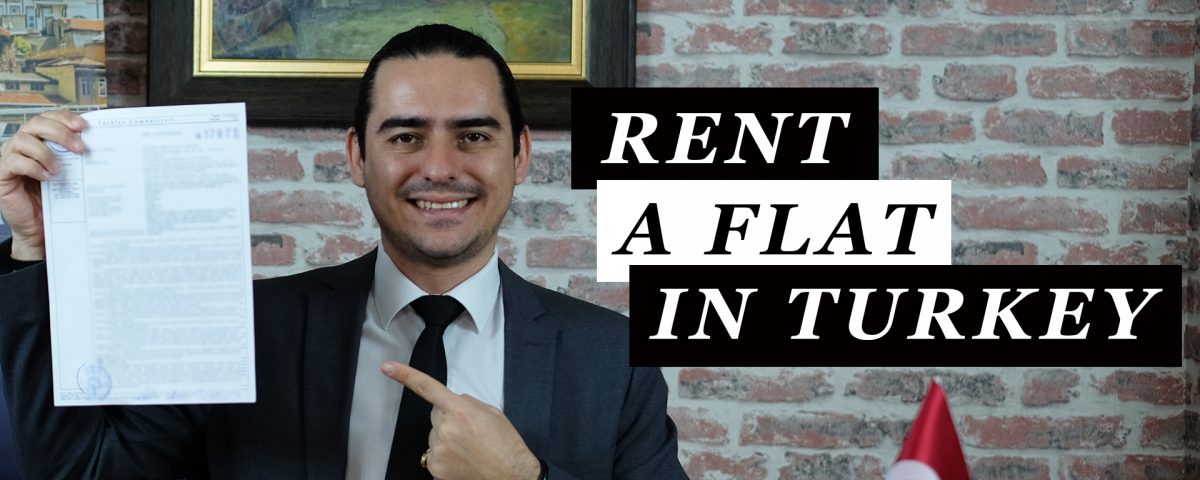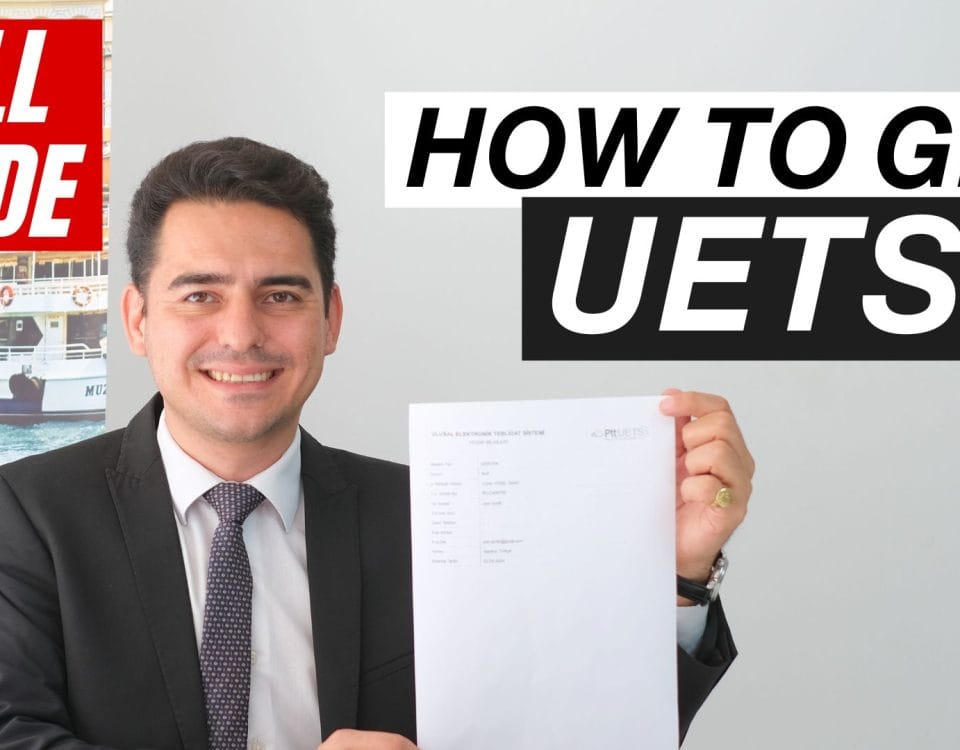Rent a Flat in Turkey as a Foreigner and Notarize Rent Contract for Residence Permit Application
Rent a Flat in Turkey as a Foreigner and Notarize Rent Contract for Residence Permit Application

Rent a Flat in Turkey as a Foreigner and Notarization
Renting property as a foreigner in Turkey and notarizing the contract can be a bit different from what you might be used to in your home country. However, with some research and preparation, you can find a suitable rental property and navigate the notarization process smoothly.
Websites for property listings:
www.sahibinden.com
www.hepsiemlak.com
Steps for Renting Property as a Foreigner in Turkey:
1. Research the market: Research different neighborhoods and areas in Turkey to find the one that best fits your needs and budget. You can use online platforms and real estate agents to find available properties and get an idea of the prices and amenities offered. You can check the listing websites such as sahibinden.com and hepsiemlak.com
2. Find a reputable real estate agent: A real estate agent can help you navigate the process of renting a property in Turkey. They will be able to provide you with information on the properties that are available and can also help you understand the legal requirements and regulations involved.
3. View properties: Once you've narrowed down your options, it's time to schedule property viewings. You can do this through your real estate agent or by directly contacting the property owner.
4. Sign a rental contract: Once you've found a property that you're happy with, you'll need to sign a rental contract. Make sure to read the contract carefully and understand the terms and conditions before signing. In Turkey, rental contracts are usually valid for a minimum period of 1 year and it's important to comply with the terms specified in the contract.
5. Make payment: After signing the contract, you'll need to make the initial payment. The deposit and first month's rent are usually required upfront.
Key Stakeholders:
- Real estate agents: As a foreigner, you may want to work with a reputable real estate agent to help you navigate the process of renting property in Turkey.
- Property owner: The person you will sign the rental contract with
- Notary: They are authorized to certify the rental contract
What are the things to be careful about:
When renting a property in Turkey, it's important to be careful about the following:
- Check the location of the flat and be sure that it is ok to apply for residence permit in that neighborhood.
- Make sure to read the rental contract carefully and understand the terms and conditions before signing.
- Ask for title deed, numarataj (numbering document from municipality) and Dask earthquake insurance from owner of the flat.
-Be aware of the legal requirements and regulations involved.
-Check the condition of the property and its appliances before moving in and make sure the conditions are clearly stated in the contract
-Be aware of the potential additional costs like maintenance, water and electricity bills
-Ensure that your personal and contact details are up-to-date in case of emergency
Notarization of Rent Contract
After you rent the property, you can go to the notary to notarize the rent contract. You need to go to the public notary with the landlord and a sworn translator. The same contract will be written by the notary and signed by all parties. You can use that notarized rent contract for the residence permit application.
Conclusion
In conclusion, renting property as a foreigner in Turkey can be a bit different from what you might be used to in your home country, but with some research and preparation, you can find a suitable rental property and navigate the process smoothly. Make sure to work with reputable real estate agents, read the rental contract carefully, and understand the legal requirements and regulations. Be aware of the potential additional costs, and ensure that your personal and contact details are up-to-date in case of emergency.
Websites for property listings:
www.sahibinden.com
www.hepsiemlak.com
Steps for Renting Property as a Foreigner in Turkey:
1. Research the market: Research different neighborhoods and areas in Turkey to find the one that best fits your needs and budget. You can use online platforms and real estate agents to find available properties and get an idea of the prices and amenities offered. You can check the listing websites such as sahibinden.com and hepsiemlak.com
2. Find a reputable real estate agent: A real estate agent can help you navigate the process of renting a property in Turkey. They will be able to provide you with information on the properties that are available and can also help you understand the legal requirements and regulations involved.
3. View properties: Once you've narrowed down your options, it's time to schedule property viewings. You can do this through your real estate agent or by directly contacting the property owner.
4. Sign a rental contract: Once you've found a property that you're happy with, you'll need to sign a rental contract. Make sure to read the contract carefully and understand the terms and conditions before signing. In Turkey, rental contracts are usually valid for a minimum period of 1 year and it's important to comply with the terms specified in the contract.
5. Make payment: After signing the contract, you'll need to make the initial payment. The deposit and first month's rent are usually required upfront.
Key Stakeholders:
- Real estate agents: As a foreigner, you may want to work with a reputable real estate agent to help you navigate the process of renting property in Turkey.
- Property owner: The person you will sign the rental contract with
- Notary: They are authorized to certify the rental contract
What are the things to be careful about:
When renting a property in Turkey, it's important to be careful about the following:
- Check the location of the flat and be sure that it is ok to apply for residence permit in that neighborhood.
- Make sure to read the rental contract carefully and understand the terms and conditions before signing.
- Ask for title deed, numarataj (numbering document from municipality) and Dask earthquake insurance from owner of the flat.
-Be aware of the legal requirements and regulations involved.
-Check the condition of the property and its appliances before moving in and make sure the conditions are clearly stated in the contract
-Be aware of the potential additional costs like maintenance, water and electricity bills
-Ensure that your personal and contact details are up-to-date in case of emergency
Notarization of Rent Contract
After you rent the property, you can go to the notary to notarize the rent contract. You need to go to the public notary with the landlord and a sworn translator. The same contract will be written by the notary and signed by all parties. You can use that notarized rent contract for the residence permit application.
Conclusion
In conclusion, renting property as a foreigner in Turkey can be a bit different from what you might be used to in your home country, but with some research and preparation, you can find a suitable rental property and navigate the process smoothly. Make sure to work with reputable real estate agents, read the rental contract carefully, and understand the legal requirements and regulations. Be aware of the potential additional costs, and ensure that your personal and contact details are up-to-date in case of emergency.





